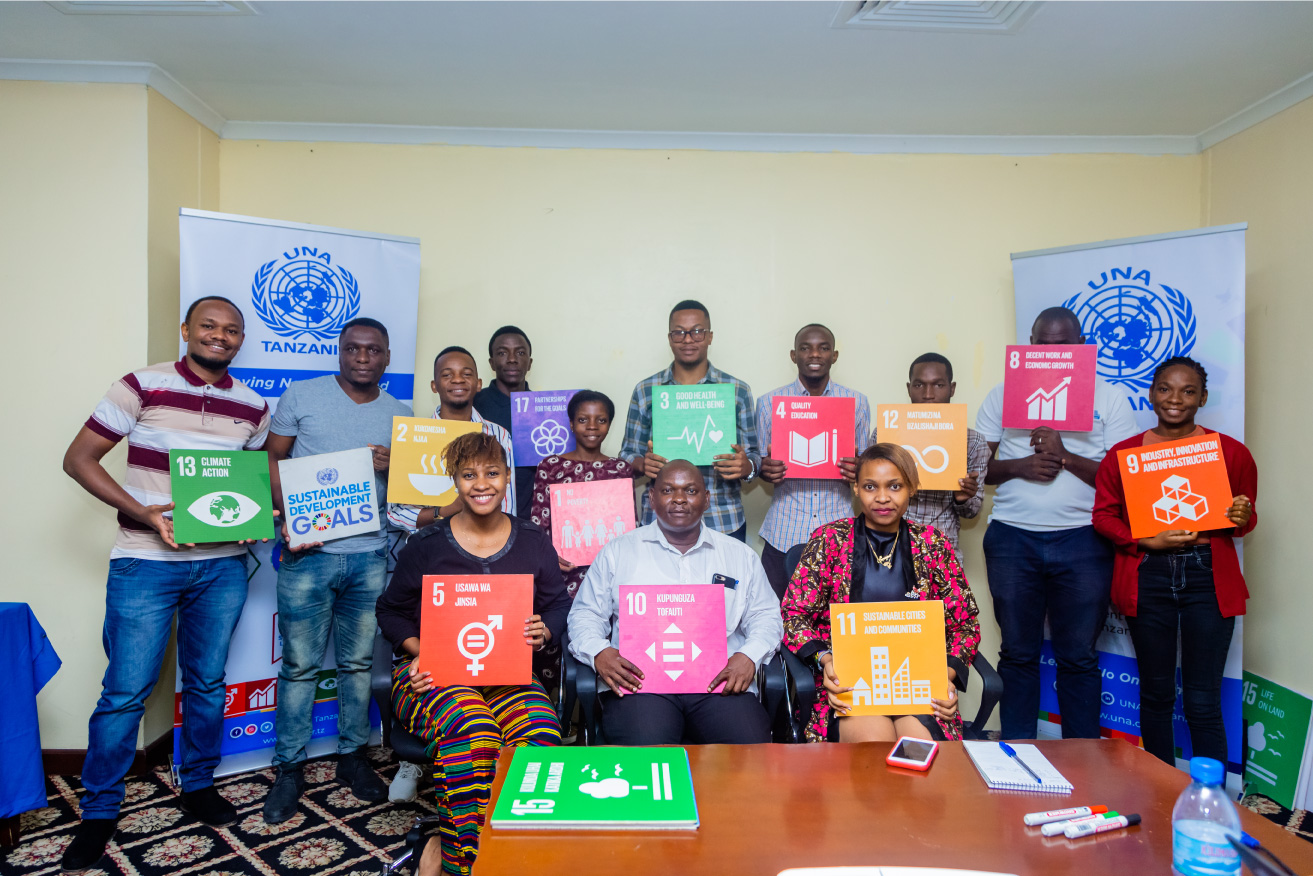THE JOURNEY
Tanzania National CSOs Platform for Sustainable Development
The Tanzania National CSOs Platform for Sustainable Development was founded in April 2015 following a multi stakeholder workshop on the transition from MDGs to SDGs held by the United Nations Association of Tanzania in partnership with the Africa Philanthropic Foundation. One of the key outcomes of the workshop was the recommendation to establish a civil society platform to facilitate the coordination of civil society organizations in Tanzania on sustainable development issues, and offer a platform for engagement with the government, United Nations, and other development partners and stakeholders.
The United Nations Association of Tanzania and Africa Philanthropic Foundation co-convened the establishment of the platform. The platform is a voluntary and open platform for civil society organizations in Tanzania to come together, self-organize and self-coordinate to ensure their meaningful participation and contribution towards the implementation, follow-up and monitoring of Sustainable Development in Tanzania. The platform is part of the Africa Civil Society Working Group (AWG) – www.africapost2015.org.
Members of Tanzania National CSOs Platform on Sustainable Development comprise of diverse civil society organizations from grassroots organizations to international nongovernmental organizations and representing different constituencies seeking to contribute meaningfully towards the implementation and follow-up and review of sustainable development in Tanzania.
The platform seeks to document civil society organizations’ contributions in the implementation, follow up and monitoring of Sustainable Development in Tanzania, facilitate the sharing of knowledge, experiences, best practices and innovations emerging from civil society organizations, leverage on available resources in civil society (both financial and non-financial), and facilitate partnerships to minimize unnecessary duplication.
The platform focuses on both Agenda 2030 and Agenda 2063, and seeks to contribute towards the joint implementation, follow-up and monitoring of Agenda 2030 and Agenda 2063, while ensuring that the marginalized groups, the furthest, and the poorest of the poor are fully engaged and play an active role in the implementation, and follow-up and review.

